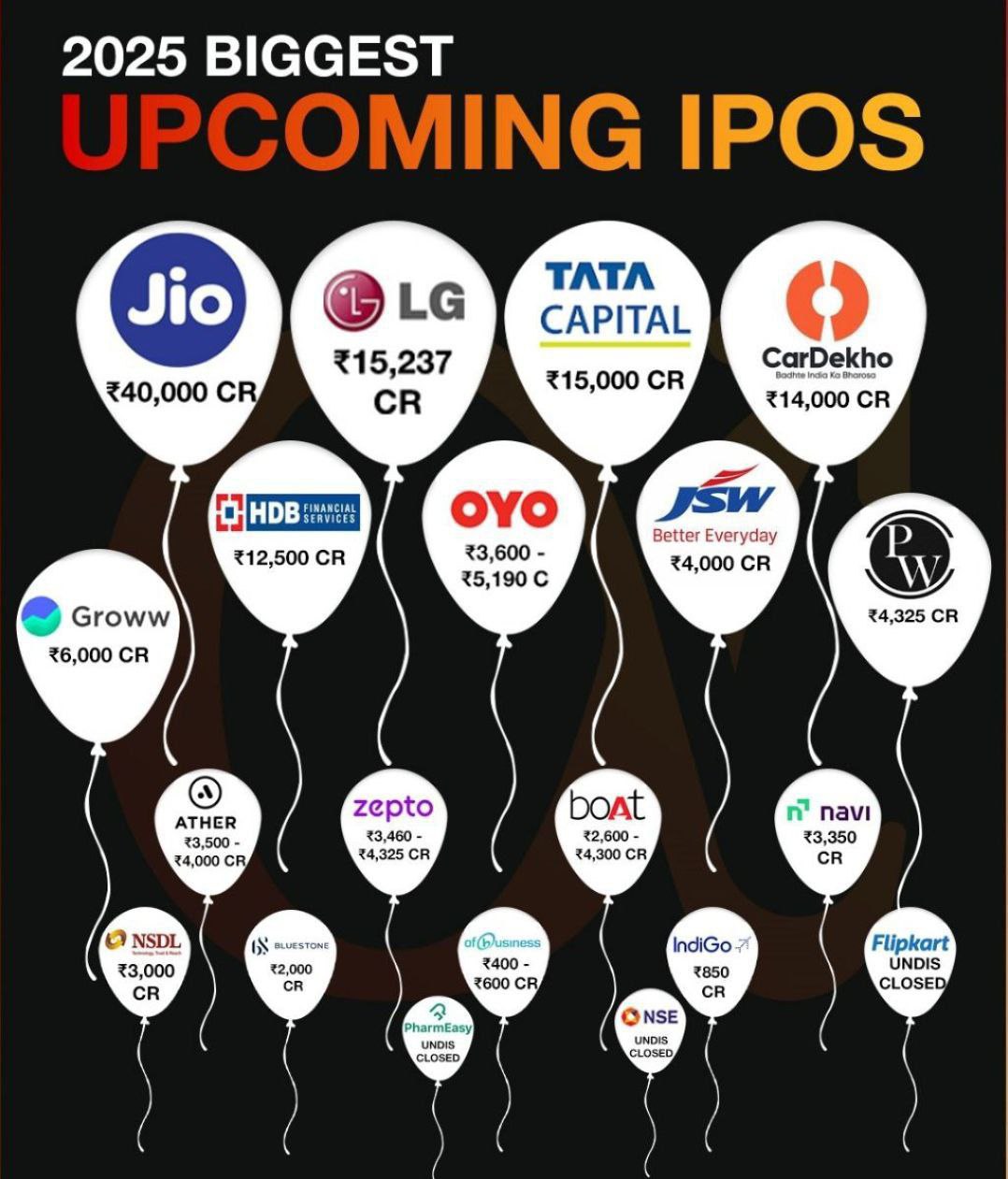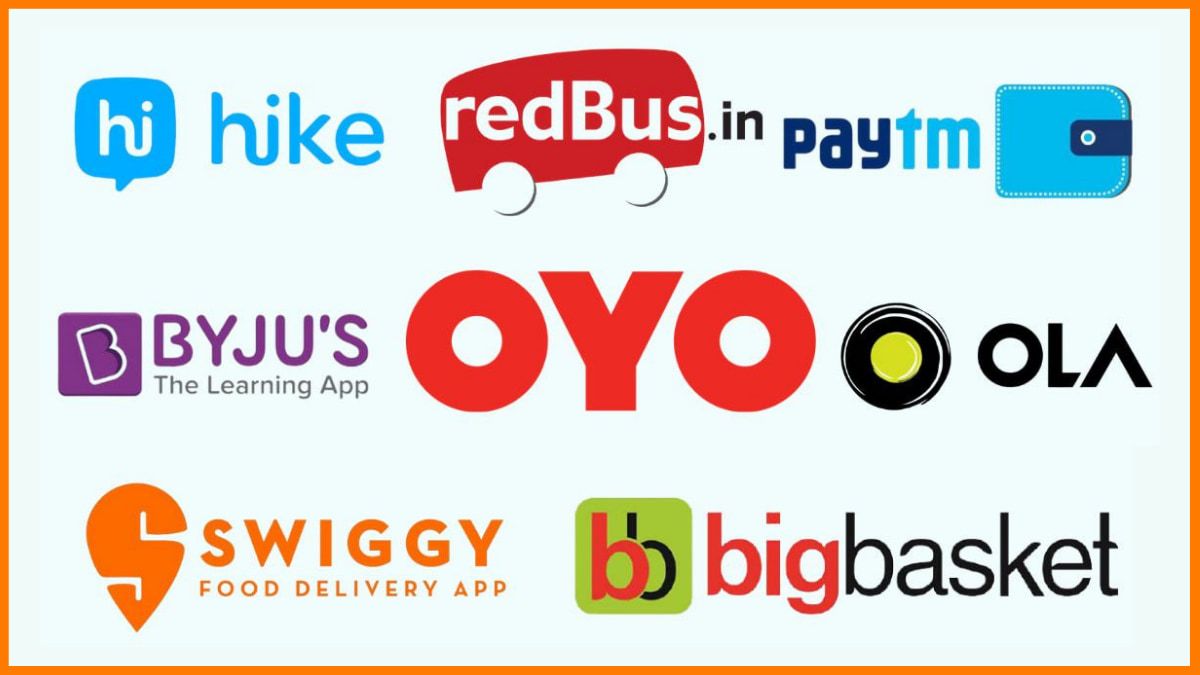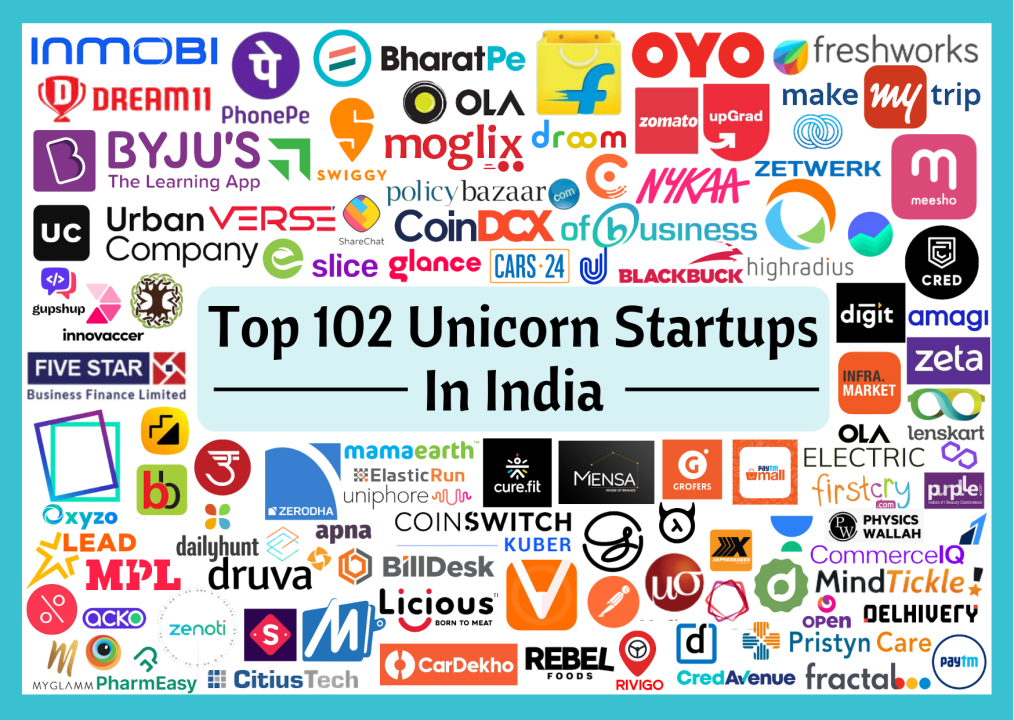Indian startups are undergoing a transformative shift, evolving beyond their traditional focus on the domestic market to actively pursue global ambitions. With over 100 unicorns and rising confidence from international investors, these startups are now increasingly targeting overseas markets for growth, profitability, and recognition. The move towards internationalization is no longer a luxury—it has become a strategic imperative for scalability, valuation enhancement, and long-term sustainability. From fintech and e-commerce to gaming and consumer electronics, Indian startups are laying the foundation for a global footprint, buoyed by investor enthusiasm, regulatory reforms, and a tech-savvy ecosystem.

Unlocking Market Potential and Investor Confidence
The momentum toward international expansion is being fueled by the search for broader market potential and deeper investor pools. Several Indian startups are opting to shift their headquarters to global business hubs such as Singapore and Dubai, known for their favorable tax structures, simplified regulatory frameworks, and investor-friendly policies. These jurisdictions offer a more stable business environment that appeals to global venture capitalists (VCs).
For instance, BAT VC, a prominent venture capital firm based in New York, has pledged a $100 million commitment to support US-India tech collaborations. This cross-border investment trend indicates that proximity to global markets not only accelerates funding opportunities but also elevates a startup’s credibility, valuation, and global appeal. Being headquartered in globally compliant and transparent economies enables startups to tap into more sophisticated financial ecosystems, further boosting investor confidence.

Regulatory Strategy: A Gateway to Global Credibility
Regulatory preparedness has become a cornerstone for startups eyeing international operations. Indian startups are increasingly aligning with global data protection laws such as the General Data Protection Regulation (GDPR) in Europe and the California Consumer Privacy Act (CCPA) in the U.S. This alignment not only eases expansion into heavily regulated markets but also enhances trust among international partners and customers.
India has also introduced relaxed reverse-flip IPO norms, allowing companies that are listed overseas to return and list in Indian markets with fewer obstacles. These regulatory reforms serve a dual purpose—bolstering the Indian startup ecosystem’s global image while ensuring that domestic capital markets remain competitive and attractive. In essence, compliance readiness is becoming a signal of maturity that resonates with global investors and regulators alike.

Operational Challenges on the Global Journey
While global expansion promises growth and recognition, it comes with a complex set of operational challenges that startups must navigate carefully:
-
Profit vs. Growth Dilemma: Many startups are focused on user acquisition and top-line growth, often at the expense of profitability. Sustainable scaling requires a more balanced approach, with an emphasis on revenue growth backed by strong unit economics.
-
High Burn Rates: Expanding into international markets leads to rising operational expenses including talent acquisition, market entry strategies, and infrastructure setup. Without solid financial planning, this can result in rapid cash depletion.
-
Regulatory Complexity: Each country has its own legal framework including tax regulations, trade laws, and compliance standards. Navigating these differences requires legal acumen and local market expertise.
-
Localization Requirements: Regional markets differ significantly in consumer behavior, language, and cultural preferences. Success demands customized offerings that resonate with local audiences, from product design to pricing strategies.
-
Tariffs and Trade Barriers: Growing protectionism and international trade duties can inflate operational costs and limit market competitiveness. To mitigate this, startups are diversifying supply chains and rethinking pricing models.
-
Supply Chain Disruptions: International logistics involve cross-border compliance, customs delays, and last-mile inefficiencies. Reliable infrastructure and strong partnerships are essential to streamline global operations.
-
Currency Volatility: Mismatches between revenue and expenses in different currencies can lead to cash flow issues. Startups must adopt currency hedging strategies or build in pricing buffers to mitigate such risks.
-
Brand Repositioning: A brand image that resonates in India may not hold the same appeal overseas. Rebranding and repositioning are often necessary to align with new market sentiments and consumer expectations.
-
Diversified Market Strategies: A one-size-fits-all approach does not work across geographies. Startups must develop tailored go-to-market strategies that reflect the nuances of each target country.

Competitive Advantages Powering Indian Startups Globally
Despite the challenges, Indian startups are well-positioned to succeed globally due to several intrinsic advantages:
-
Data-Rich Ecosystem: India’s vast internet user base provides valuable datasets that can be leveraged for training AI models, optimizing logistics, and delivering personalized experiences at scale.
-
High Digital Adoption: Over 92% of Indian digital-native founders are incorporating generative AI tools into their business models, enabling them to build smarter and more scalable solutions.
-
Government Support: Initiatives such as Startup India, IndiaAI, and Digital India are offering crucial support in the form of funding, mentorship, and infrastructure, paving the way for global readiness.
-
Tech-First Mindset: Indian startups are often early adopters of cutting-edge technologies like AI, machine learning, and blockchain, providing a competitive edge in innovation-driven sectors.
-
Cost-Effective Innovation: Growing up in a price-sensitive market, Indian startups have mastered the art of creating lean, efficient, and scalable models—traits that are invaluable for global replication.

Indian Startups Leading the Global Charge: Case Studies
Several Indian startups have already made bold moves to realize their global ambitions, serving as role models for others in the ecosystem:
-
Groww: Founded in 2016, this Bengaluru-based fintech platform is valued at $3 billion, with $251 million in funding from investors like Iconiq Growth. It offers streamlined investment services to retail customers.
Website -
Nykaa: Mumbai-based beauty and personal care e-commerce platform founded by Falguni Nayar in 2021. With a market value of $724 million and $721 million in funding, it is a leader in beauty retail.
Website -
Dream11: A fantasy sports platform started in 2008 by Harsh Jain and Bhavit Sheth, valued at $5 billion and backed by Tencent and Steadview Capital.
Website -
Swiggy: With operations in over 580 cities, Swiggy has a market valuation of $5.5 billion, having raised $2.5 billion from global investors like Prosus Ventures.
Website -
BoAt: Known for its affordable audio products, BoAt is valued at $1.4 billion, supported by investors like Qualcomm and Warburg Pincus.
Website -
PhonePe: This Bengaluru-based UPI payment app, started in 2015, has raised $850 million and is currently valued at ₹80,643.45 crore, with backing from Walmart and Microsoft.
Website -
PolicyBazaar: India’s largest online insurance aggregator, valued at $1.5 billion, has secured $366 million in funding from Temasek and SoftBank.
Website -
Razorpay: With a valuation of $7.5 billion, Razorpay helps businesses manage digital payments and banking, supported by top-tier investors like Tiger Global and GIC.
Website -
Paytm: Founded in 2010, Paytm is a fintech behemoth with a market valuation of ₹38,000 crore and $4.6 billion in funding from investors like Alibaba and Ant Group.
Website -
Ola: India’s premier ride-hailing app, Ola has raised $3.84 billion, achieving a valuation of $1.88 billion, backed by Softbank and Tiger Global.
Website

The Global Playbook for Indian Startups
The pursuit of international markets is no longer a mere ambition for Indian startups—it is a strategic necessity. With robust digital infrastructure, increasing government support, and an innovation-driven culture, India is poised to become a global powerhouse of entrepreneurship. However, to thrive internationally, startups must adopt a multi-dimensional strategy that includes regulatory compliance, localized operations, and financial discipline.
By leveraging their cost efficiency, digital fluency, and technological innovation, Indian startups are not just participating in global markets—they are on the path to leading them. As these companies continue to navigate the intricate maze of international business, they are building resilient, scalable models that could shape the future of global entrepreneurship for years to come.
With inputs from agencies
Image Source: Multiple agencies
© Copyright 2025. All Rights Reserved Powered by Vygr Media.


























